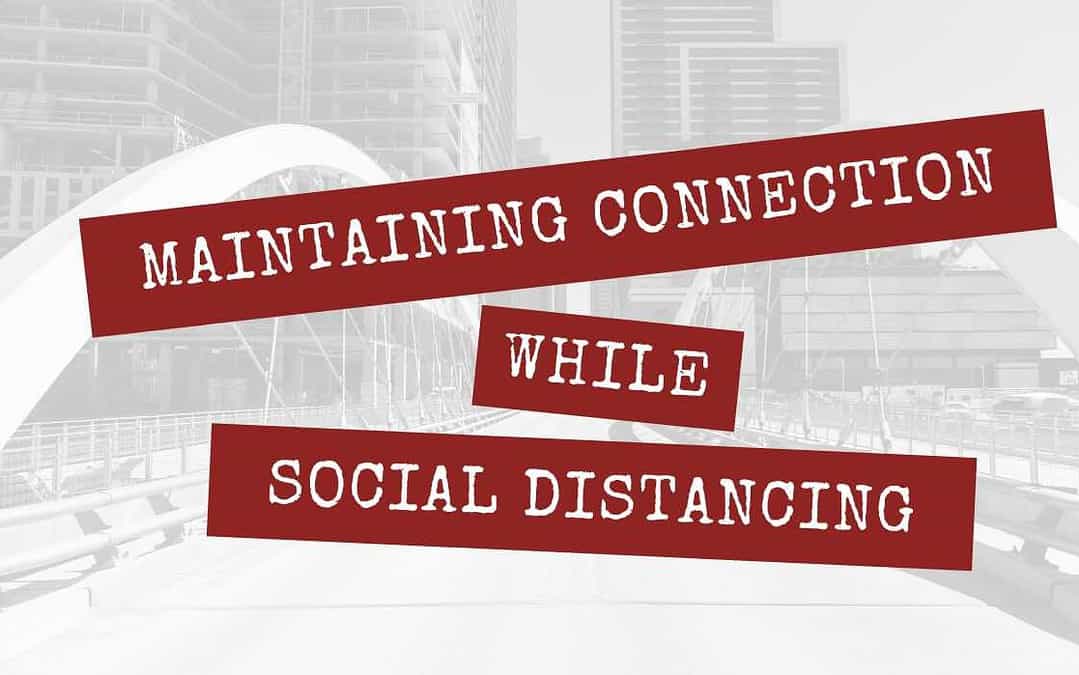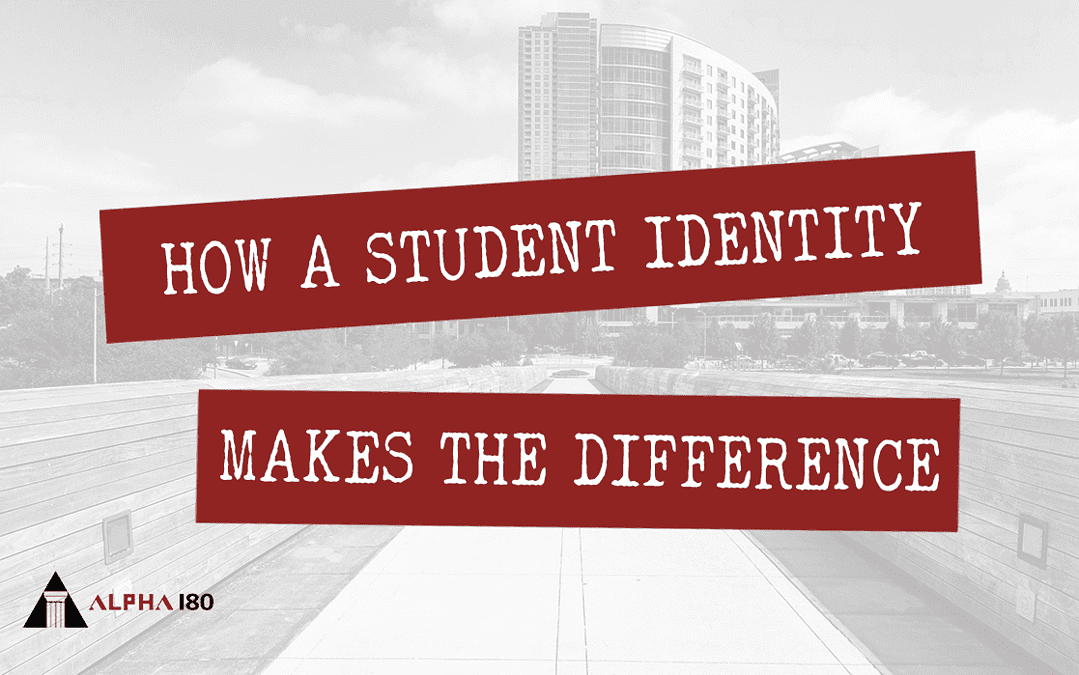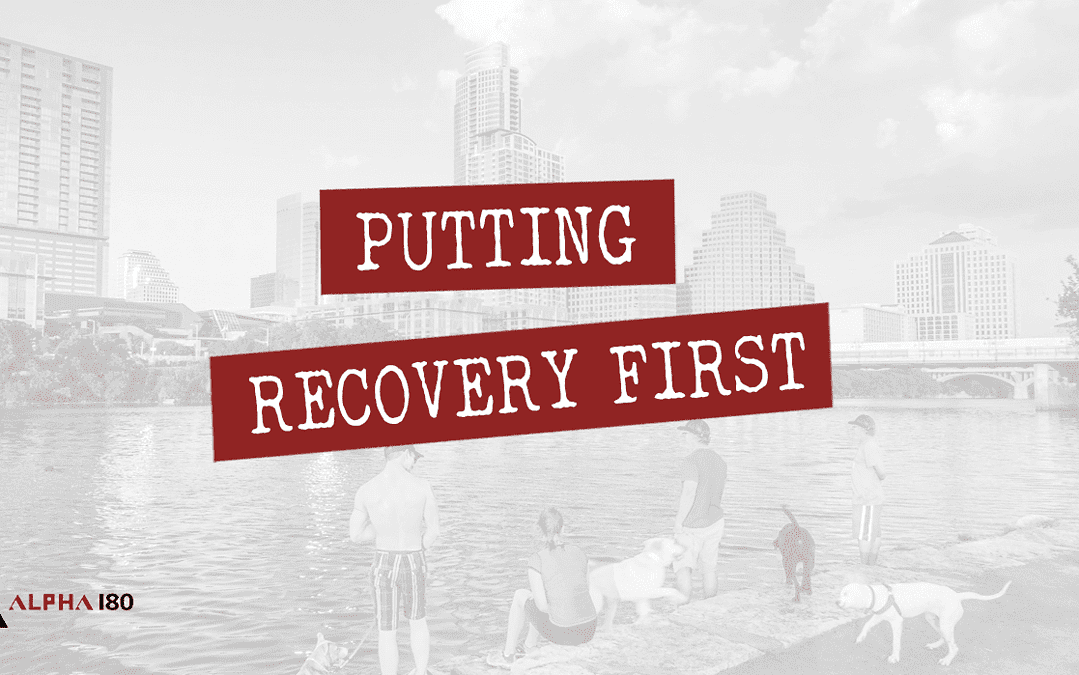Addiction began being conceptualized as an attachment-related disorder as early as 2001. Research in this area gave additional credibility to the community model of treating addictions and has fostered further efforts to be devoted to cultivating effective group therapy and community-based models of care for people with addictions. In short, attachment is an emotional and biological process of being able to connect meaningfully and effectively with other humans that begins in infancy. Every person experiences ruptures to their attachment process which when appropriately repaired provide foundations for trust, resilience, and strengthened connection. Through using, we are treating our attachment wounds that were never appropriately repaired with our drugs of choice, which provides us with significant relief in the beginning, but only leads inevitably to consequences and unmanageability. This is seen in the “relationship” one has with their drug of choice. It is essentially a toxic false representation of a secure attachment.
Community-based models of care and 12 step communities provide a platform for fostering genuine secure attachment, or in other words, connection. Connection and abstinence from substances are the cornerstones of a healthy recovery process. As we all know, early recovery, relationships are messy! Early recovery is often characterized by “bad” decisions that get converted into productive growing experiences. A fight with a friend that when mended makes the relationships stronger or a slip into old behaviors that gets called out by a sponsor resulting in a heightened sense of trust in that sponsor. These are corrective emotional experiences that begin to heal past attachment wounds and create the basis for authentic and genuine connection.
At Alpha 180 we strive to embrace the messiness of early recovery in order to capitalize on the potential for corrective emotional experiences. We were founded on the principle of being a platform for inspired students and not a containment facility. We know that our students, like all people, are going to struggle, make “bad” decisions, and mistakes. Granted, physical safety and sobriety are paramount, but beyond this, we embrace our student’s “getting into trouble safely”. This messiness is the very fertilizer that healthy and sustainable recoveries grow from. The results are evident in the lives of our graduates. Young men who have established foundations in recovery, are pursuing their education and career goals, and have genuine and authentic connections with their community and family. Through an open community model of care and a position of unconditional positive regard, we assist our students in converting the natural messiness of life into inspirational milestones on their paths to freedom.
Sources:
Flores, P. (2001). Addiction as an attachment disorder: implications for group therapy. International Journal of Group Psychotherapy.
About the Author:
AUSTIN HERRMANN, LMSW, LCDC
Primary Therapist
Austin Herrmann moved to Austin in 2011. Following the completion of his undergraduate degree at St. Edward’s University, he began working in the aftercare/sober living setting as a Recovery Coach for recovering individuals transitioning out of inpatient treatment. Austin then transitioned into working in both the inpatient and outpatient treatment settings as a clinician, while working towards the LCDC licensure….Read Full Bio






